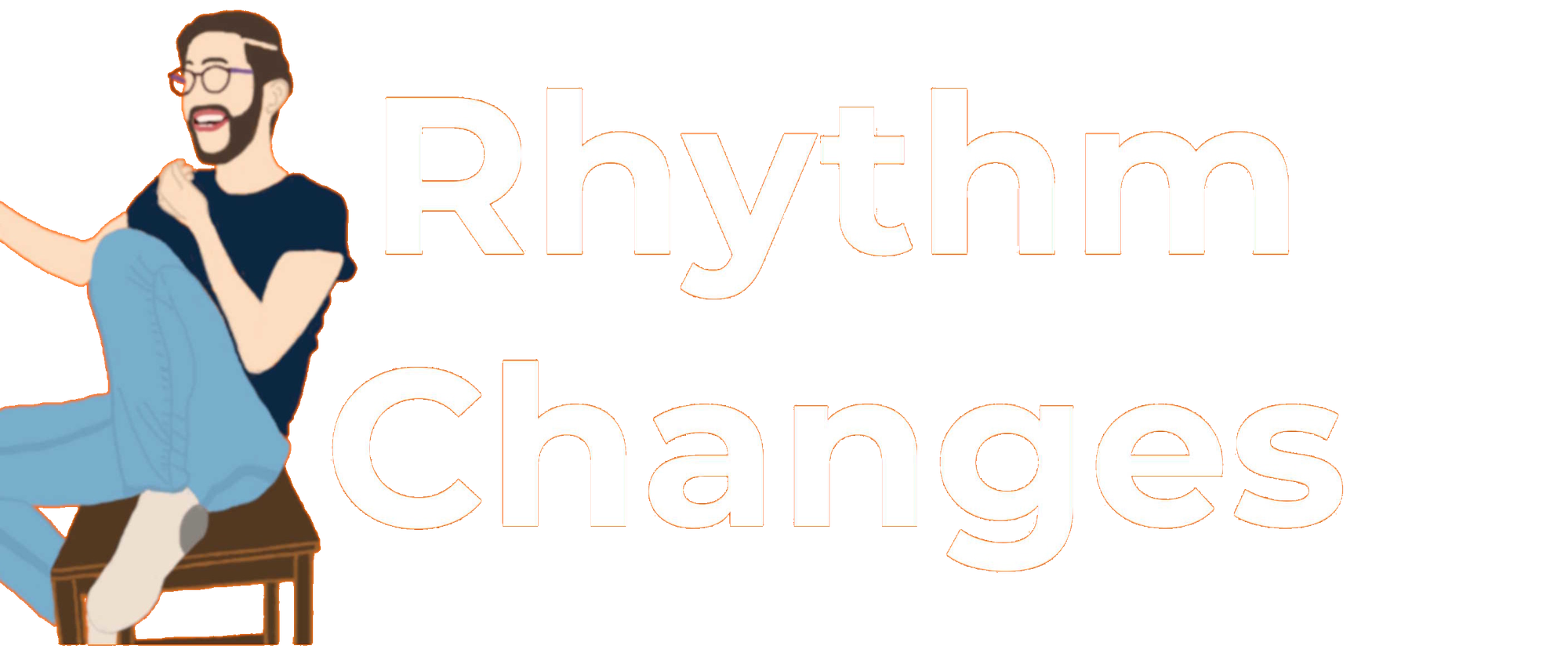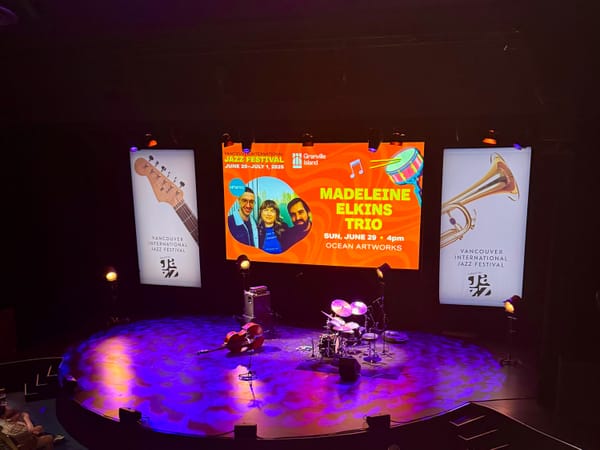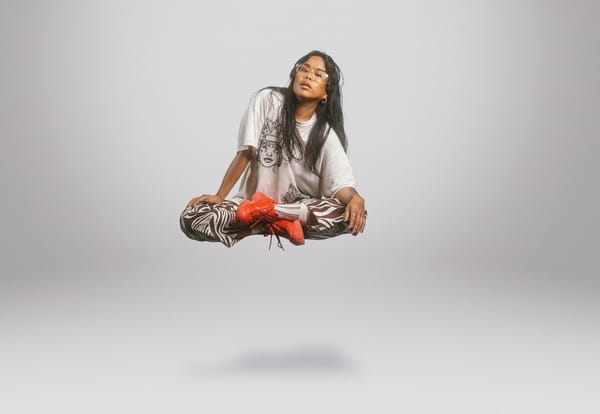The Winnipeg Jazz Orchestra, Voices: A Musical Heritage
WJO's new release executes an ambitious concept celebrating multiculturalism in Manitoba
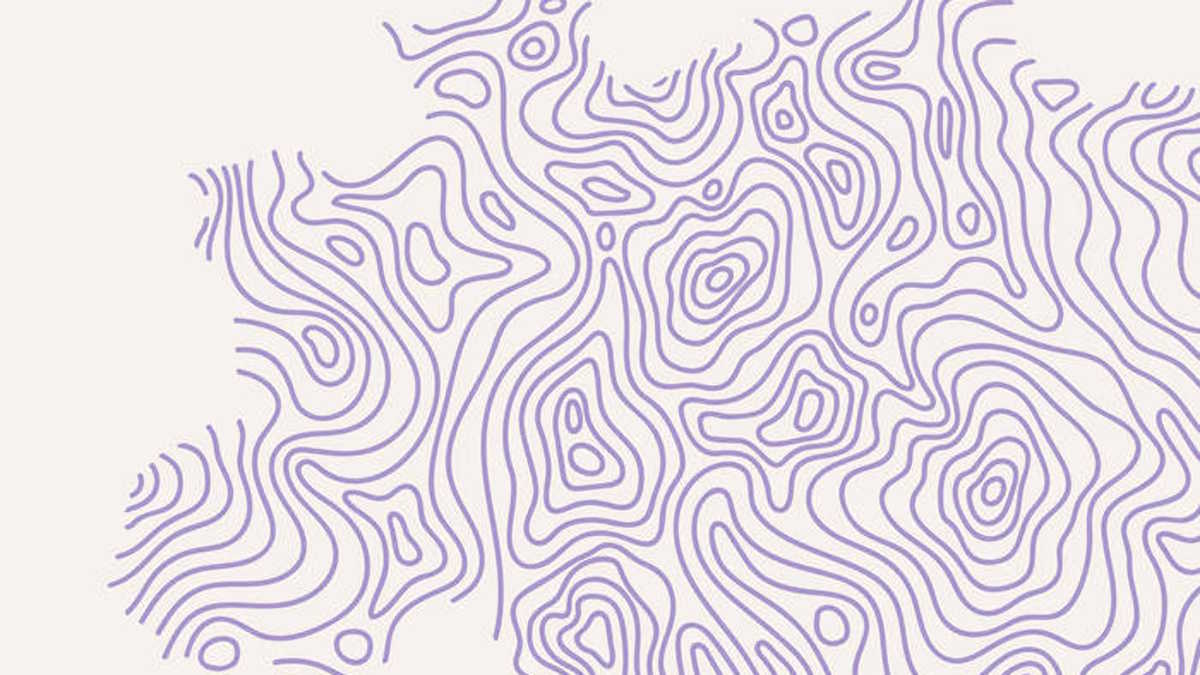
The Winnipeg Jazz Orchestra’s new release Voices: A Musical Heritage executes an ambitious concept that celebrates multiculturalism in Manitoba. On the album, the WJO commissioned eight jazz composers, each of them engaging with folk traditions from minority communities that comprise Manitoba’s musical heritage.
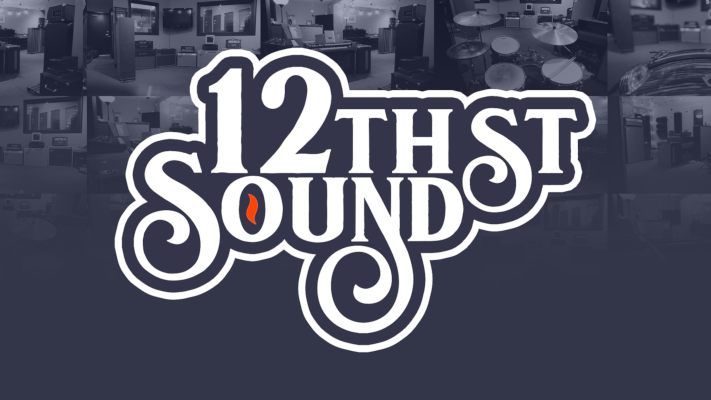
Thank you to 12TH ST Sound for sponsoring this free weekly article. Learn more about Anthony Cenerini's recording studio in New Westminster at 12thst.ca/rcp.
Voices: A Musical Heritage immediately struck me with its variety.
Rodrigo Muñoz’s “Homenaje” is written with Latin American rhythms such as the Chilean cueca. John Stetch’s “Ochka (The Parallel Steps, Mvmnt 2)” is orchestrated for saxophone quintet and fuses Ukrainian folk motifs with a strong Western classical influence.
“Oriri” by Henry Onwuchekwa evokes Afrobeat, featuring Larry Roy’s prominent guitar and Karl Kohut on electric bass. The sonic palette that Marco Castillo uses on “Choro Para Amazônia”, creating a salient image of the rainforest, features percussion and whistling effects that imitate birds' chirping. Mix engineer and guitarist Larry Roy strategically pans the sounds to augment the impact of Castillo’s orchestration.
The description of Jeff Presslaff’s “The Living Mind” in the liner notes piqued my interest: it's an “exploration of the ancient pentatonic scale” instead of an association with a particular cultural heritage. Perhaps Presslaff’s inspiration speaks to a sort of unity of humankind through the universality of the pentatonic scale.
I was particularly moved by the Richard Gillis’ writing on “Shadows,” which evokes the sweeping, rugged Icelandic landscape. The track begins with a low, ominous pedal in the piano and bass trombone, decorated by muted trumpet clusters and flurries of cymbal rolls. Gillis’ placement of the melody in the bass, baritone saxophone, and trombone lends stoicism to the theme. The track features Paul Balcain’s tenor solo, after which the rhythm section drops out, marking the next section of the work where Gillis expands on Icelandic folk melodies.
While any big band album is certainly a group effort, I cannot understate how much Will Bonness’ piano playing elevates the music. Bonness contributes much more here than a pianist would in traditional big band music. His strident introduction on “Yaseni (The Parallel Steps, Mvmnt 3)” surges forward with authority and urgency, setting the groove and the tone for the robust horn and rhythm entrance.
Bonness shines bright as a soloist as well. Melodically elegant and rhythmically captivating, he navigates the breaks with ease on “Yaseni.” On “Choro Para Amazônia,” Bonness’ solo invites the listener in with his glistening right-hand lines. He accompanies himself very sparsely, cultivating an intimacy in the most satisfying way.
Tenor saxophonist Niall Cade stands out as a soloist whose playing on “Yaseni” is particularly admirable. From the inflection in his opening phrase, I recall Michael Brecker. Cade’s tone retains homogeneity without sacrificing expression; I'm enamoured with the risks he takes in playing up into the high register at vulnerable transitional moments in the music. Cade’s mastery of the horn allows the listener to fully absorb the emotional content of his playing.
The goal of recording many real, live instruments is to best represent the unique sonic experience of a live performance. The best big band recordings, modern or vintage, find a way to communicate the vast dynamic range of a big band; the power and the quietude, but also the breath that moves through instrument. On Voices: A Musical Heritage I could have used more life and “room sound” in the brass and woodwind sounds. But in presenting music as complex as this, I appreciate Roy and mastering engineer Guy Hébert’s drier approach for its clarity.

Voices - A Musical Heritage: Keeyn (The Parallel Steppes, Mvmt 1); Ochka (The Parallel Steppes, Mvmt 2); Yaseni (The Parallel Steppes, Mvmt 3); Homenaje; The Living Mind; Oriri; Shadows; Choro Para Amazônia; Ishpiming; The Bison Hunt. (57:12)
Personnel:
Richard Gillis, conductor
Saxes
Neil Watson, alto (The Bison Hunt), soprano saxophone (Oriri, Shadows)
Sean Irvine, alto (The Parallel Steppes, Shadows, Homenaje, The Living Mind)
Connor Derraugh, alto (The Bison Hunt, Ishpiming, Oriri, Choro)
Paul Balcain, tenor (The Parallel Steppes, Shadows,† Homenaje, The Living Mind)
Niall Cade, tenor (Yaseni*, Oriri*, Ishpiming*)
Monica Jones, tenor (The Bison Hunt, Ishpiming, Oriri, Choro)
Lauren Teterenko, bari (The Parallel Steppes, Shadows, Homenaje, The Living Mind)
Kyle Wedlake, bari (The Parallel Steppes, The Bison Hunt,
Ishpiming, Oriri, Choro)
Trumpets (+ flugelhorn)
Shane Hicks, lead
Andrew Littleford (Choro, Ishpiming)
Matthew Walden
Richard Gillis (Keeyn, Shadows)
Trombones
Joel Green (Shadows*, Choro*, Ishpiming*)
Francois Godere
Jeff Presslaff (The Living Mind*)
Jeffrey Acosta (The Bison Hunt, Ishpiming, Oriri, Choro)
Isabelle Lavoie, bass trombone
Rhythm
Will Bonness, piano (Keeyn*, Yaseni*, The Living Mind*, Oriri*, Choro*)
Larry Roy, guitar (Keeyn*, Oriri, Homenaje*, Shadows)
Gilles Fournier, bass (The Parallel Steppes, Shadows, Homenaje, The Living Mind)
Karl Kohut, bass (The Bison Hunt, Ishpiming*, Oriri, Choro)
Fabio Ragnelli / drums
Victoria Sparks, percussion (Shadows)
Marco Castillo, guitar / percussion (Choro), percussion (Oriri) Henry Onwuchekwa, percussion, guitar (Oriri)
Rodrigo Muñoz, congas and cajón (Homenaje)
